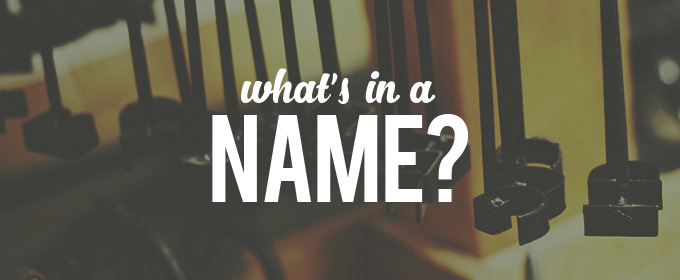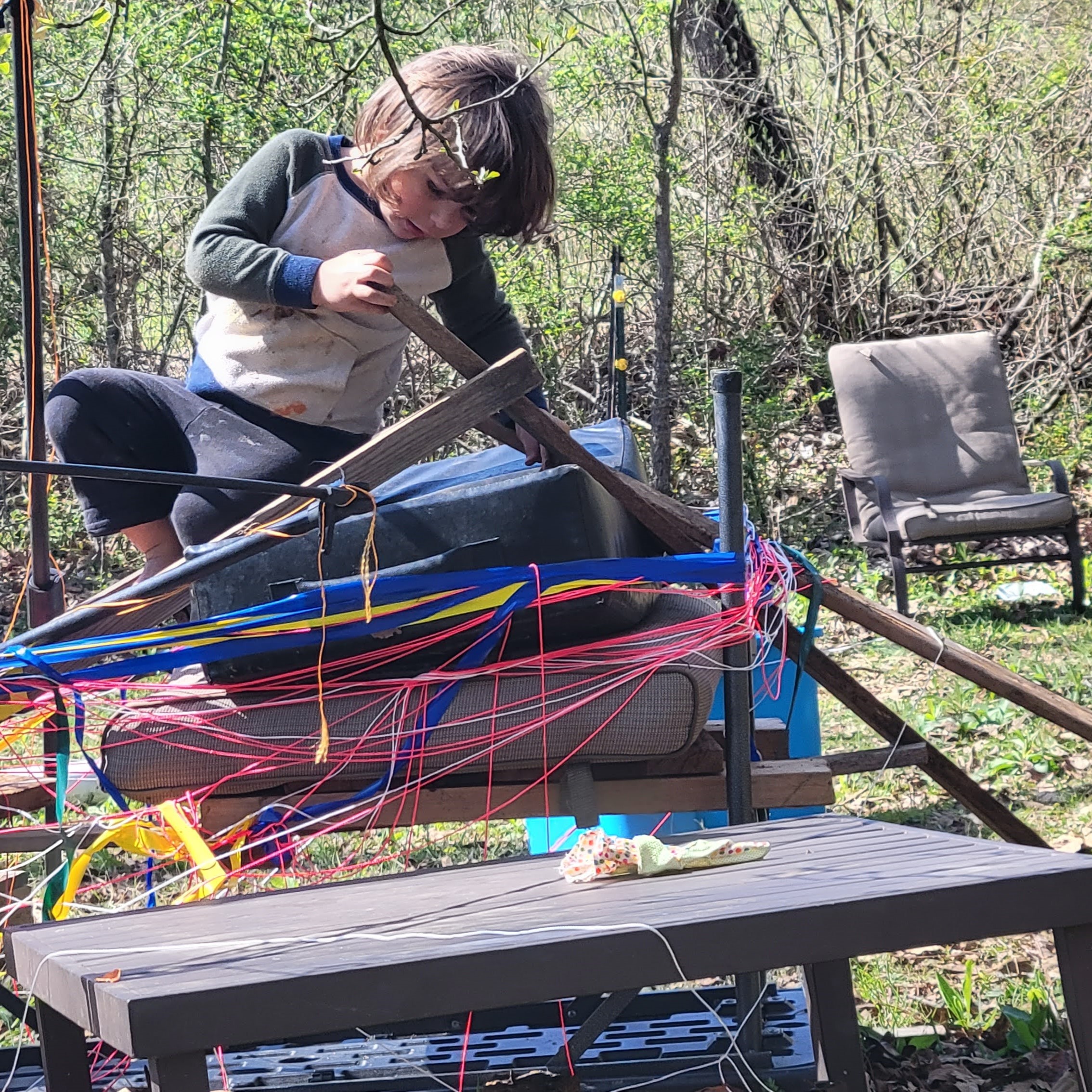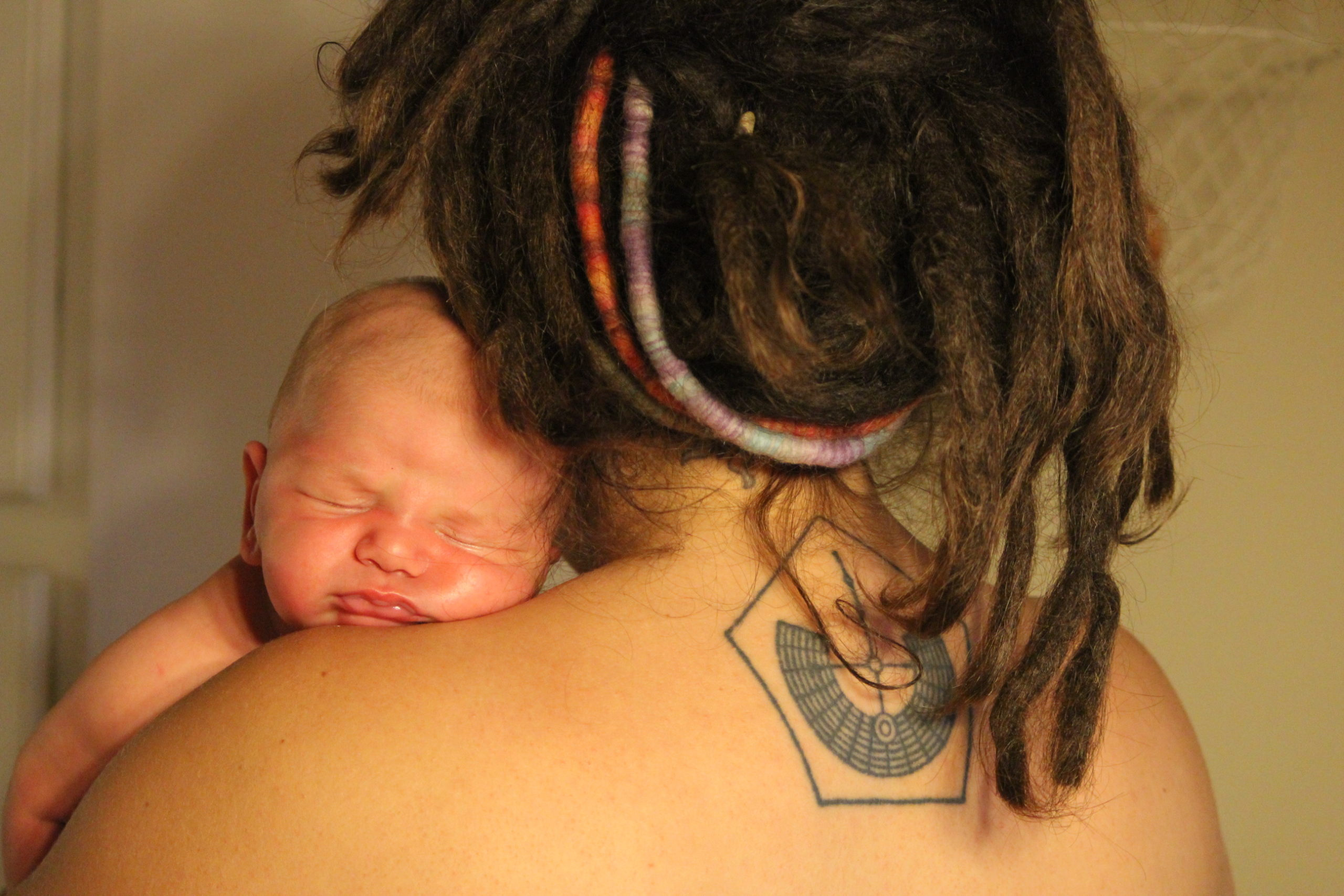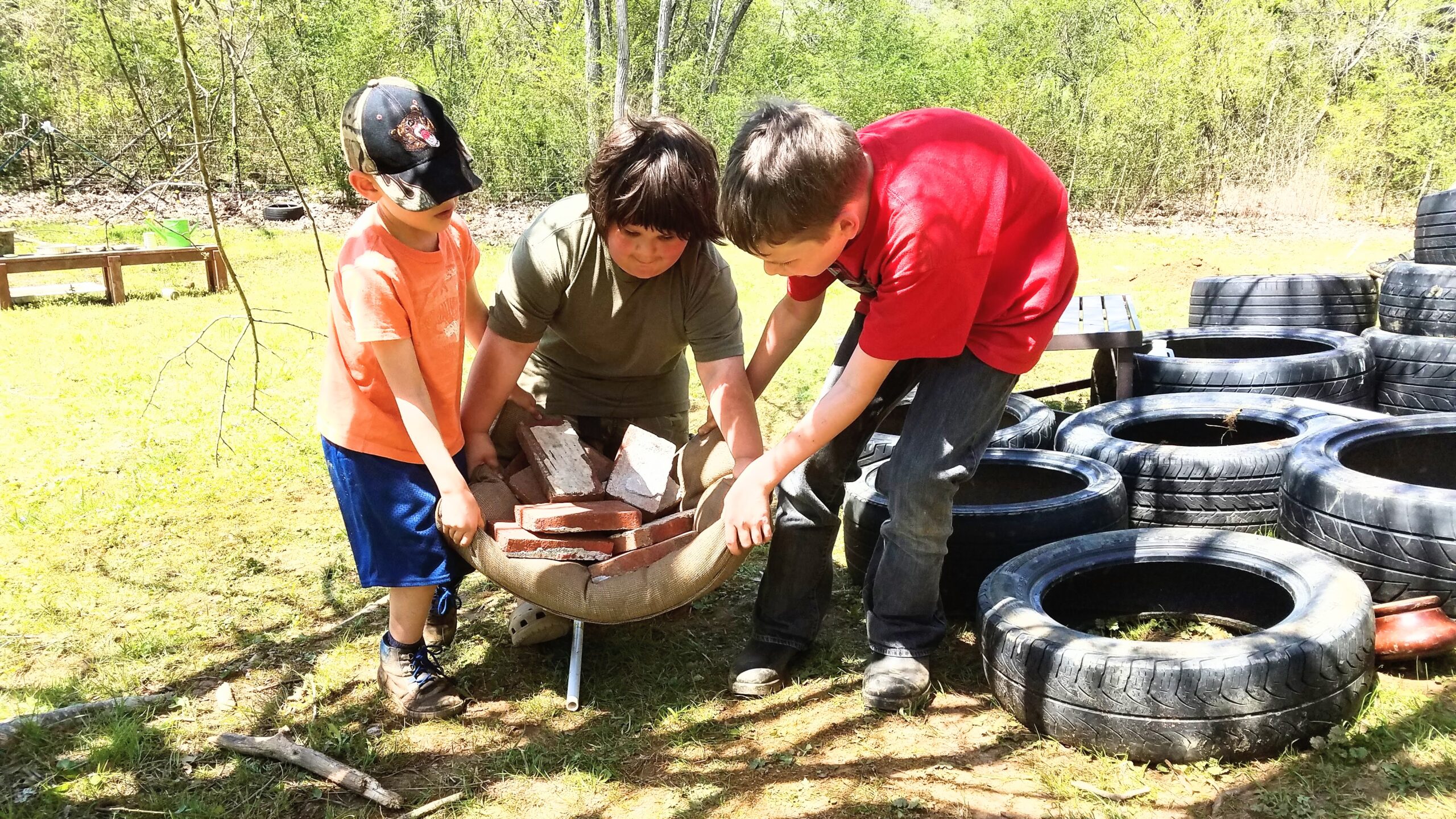
The Power of a Name
Shadrach, Meshach, and Abednego are the central characters of a Christian Bible story. They walk into a fiery furnace and then emerge unharmed.
These characters took central stage in a church sermon I heard once about cult-behavior and the three tactics used to turn someone away from god.
- Change their names.
- Cut them off from their family.
- Force them to denounce their god.
Shadrach, Meshach, and Abednego refuse to denounce their god, which is credited with saving them from the flames of the furnace. Ironically, the names we know these characters by are the new names bestowed on them by King Nebuchadnezzar who wanted them to bow down to him.
This sermon has stuck with me for 30 years. I remember spending some time being afraid of cults. I was a child of the 90s, after all, when the devil lurked at every corner daycare.
But my life walked through those three tactics anyway.
No one had to ask me to reject the god of my childhood. I took that step all on my own.
No one had to forcibly cut me off from my family. I did that, too, when they were no longer a healthy presence in my life.
And what about the name change?
We are surrounded by name changes every day.
- Parents give their children nicknames.
- Sports team members give each other nicknames.
- Romantic partners bestow pet names on one another.
- Roughly half of people who get married change their last name.
- People append their names with abbreviations reflecting their education.
- Religious leaders take on titles like Reverend, Father, and Sister.
All of these are seen as generally positive.
However, even in these innocuous name changes, you can see the similarities to the warning I received about cults.
- Pet names and nicknames designate belonging/ownership in our intimate pairings.
- Within a team or organization a nickname means you are included.
- A marriage name change signifies a transfer from one family to another.
- Job and education-related changes mark the completion of one part of your life.
Most name changes aren’t literally about denouncing what has come before, but they most definitely convey important information about the person you’ve become.

Name changes are common in some of the subcultures I’ve participated in and marginalized groups I’ve been around.
As a Pagan, it was common for my friends to take on new names to signify their Pagan-ness. The name might be chosen by them or bestowed by a religious leader. It might represent something they feel they already are or something they want to strive towards.
In the Burning Man culture, it is popular to take a “burn name”. This name typically represents something about how the person interacts with burn culture and can be chosen through some kind of hilarious group effort.
My transgender friends have chosen new names that better reflect their experience of their gender.
Whether or not to make the name a legal change is dependent on many factors. Burn names are usually reserved only for use during burn-related activities. Some Pagan names are secret names used only in ritual, and some are used full time. A transgender person’s ability to legally change their name may be blocked by legal obstacles. Legally changing your name costs money, time, and effort that not everyone has.
Once you start thinking about the power of name changes, more implications arise. People make judgement about your based on your name. They make guesses about your gender, your economic class, your age, your race, your nationality, your religion, your job, your education level, your intelligence.
When someone wants to belittle someone or discredit them, one of the first things they do is change the name of their victim. They can pretend to forget their name, turn it into a diminutive, purposefully call them a name of the wrong gender, pretend to flub the pronunciation (especially when foreign), use their last name (or Mr/Mrs) to maintain distance. Not every name flub is malicious, but it always conveys some kind of information.
I came round to thinking about the lesson of Shadrach, Meshach, and Abednego recently when I watched an episode of Veggie Tales. Veggie Tales is a Christian cartoon for children, but it is popular and is viewed even by children in non-Christian homes.
This Veggie Tales episode used the story of Shadrach, Meshach, and Abednego to talk about peer pressure. Imagine my surprise when the show referred to the faithful boys as “Rack, Shack, and Benny”. That’s a little bit of irony there – a show about keeping faith bastardized the characters’ names a second time in the service of making the show more palatable to children.
The sermon about King Nebuchadnezzar the cult leader has stuck with me because it contained a heady truth – controlling the name of something gives you power over it.
I have used this to my advantage – I chose my own name and made it legal, which had a powerful effect on my identity.
And I also keep an eye out for the way language changes in political and social discourse. When language changes, power shifts – it’s worth it to pay attention which way it’s shifting.




